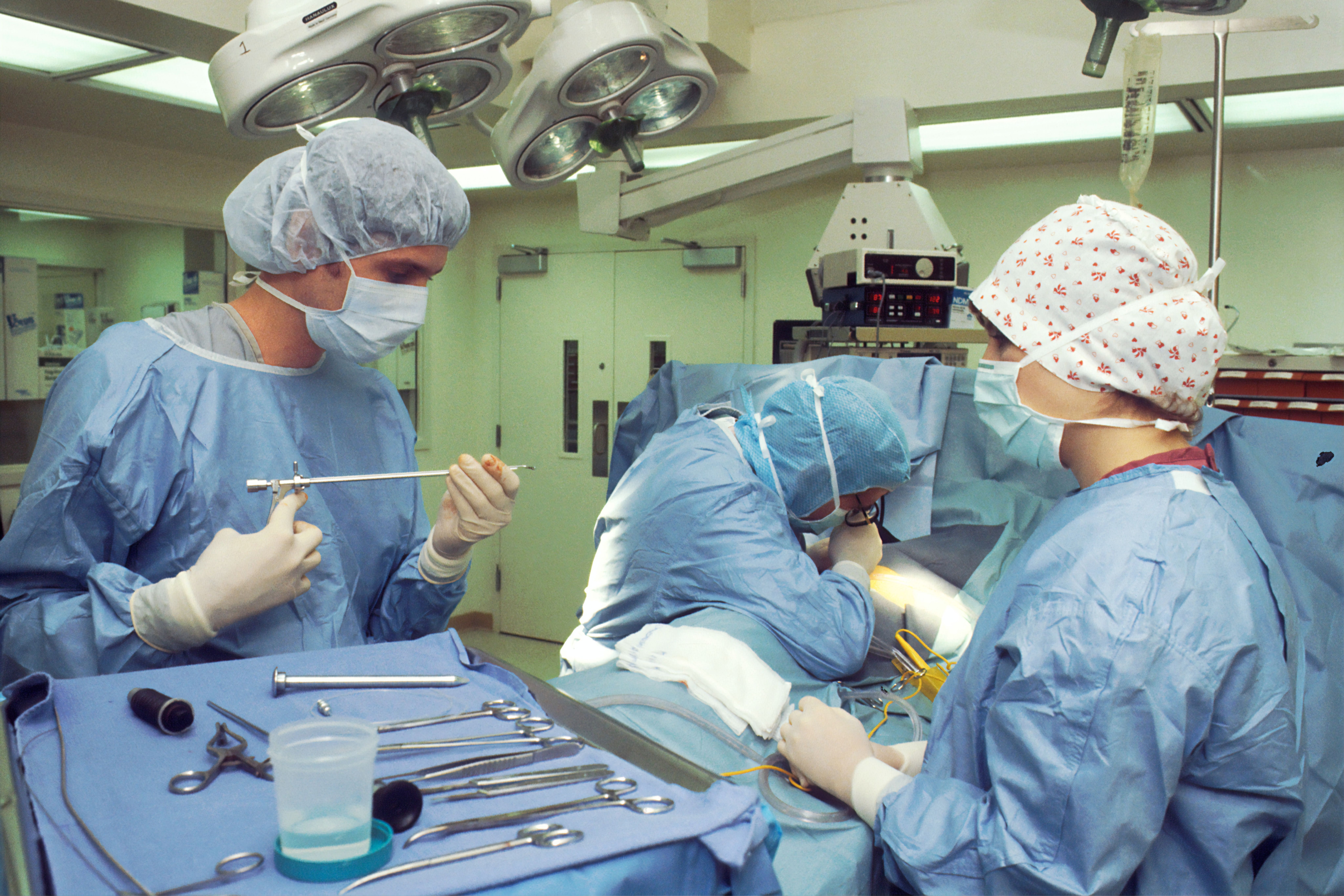Article
New Data Looks at Link Between C. Diff Infections and Irritable Bowel Syndrome
Author(s):
In data presented at ACG, investigators found a link between sex, lower BMI, and the development of irritable bowel syndrome in patients following a c. diff infection.

While it is known that patients who suffer from Clostridioides difficile infections (CDI) are at a high risk of developing irritable bowel syndrome, researchers do not know exactly how cycle threshold could be used to predict the likelihood of this occurrence.
A team, led by Varun Moktan, MD, Mayo Clinic, investigated cycle threshold as a surrogate for bacterial and toxin burden in CDI to accurate predict the development of post-infection irritable bowel syndrome (PI-IBS) in data presented at the annual American College of Gastroenterology (ACG) 2020 Conference.
Post-infection irritable bowel syndrome is characterized by the symptoms of IBS following a viral, bacterial or parasitic gastroenteritis. This condition occurs in up to 25% of patients following a CDI. The polymerase chain reaction (PCR) cycle threshold is an embedded result within a two-step C. diff testing algorithm that quantifies the bacterial burden, where the amount of nucleic acid in the sample is inversely proportional to the cycle threshold.
Having a higher load of bacterium, the assay is positive at a lower value, while previous research shows cycle threshold to be a marker for clinical severity and outcomes in CDI.
In the retrospective study, the investigators examined hospitalized patients with an initial indeterminate C. diff toxin test requiring second stage confirmatory laboratory-developed PCR test. The team collected patient demographics, such as age, sex, race, ethnicity, and body mass index (BMI). Patients diagnosed with IBS following the C. diff infection were identified by ICD10 code and collected PCR cycle threshold data from a microbiology lab.
The authors used a two-sample t test to compare the continuous variables between the non-IBS and IBS arms of the study and compared categorical variables between the 2 groups using a Chi-squared test.
A total of 62 patients in the study underwent PCR testing between May 2014 and October 2019, with a mean age of 64 ± 16 years and 23 (35%) patients subsequently diagnosed with IBS. The mean cycle threshold in the IBS patients compared to the non-IBS group 0.8±2.5 and 29.5±3.6 (P = 0.12) and BMI was 26.0±-5.5 versus 29.7±7.5 (P = 0.05), respectively.
Overall, 26% of the IBS patients were male and 95% were Caucasian (n = 22). The investigators found a significant association between sex, lower BMI, and the development of IBS (P = 0.05).
“In this retrospective cohort of patients diagnosed with CDI, PCR cycle thresholds did not vary significantly among patients who did and did not develop IBS,” the authors wrote. “Lower BMI and female sex were associated with the development of IBS. Further studies with larger cohorts are needed to determine if Ct is predictive for the development of IBS following CDI and the viability of two-step PCR testing in this scenario.”
The study, “The Utility of Clostridioides difficile PCR Cycle Threshold in Patients With Post-Infection Irritable Bowel Syndrome,” was published online by ACG.



